The 1971 victory against Pakistan remains a stand-out moment for the Indian armed forces. The sacrifices of our soldiers were, to a certain extent, defeated by the largesse diplomacy of the Indira Gandhi government. The unmatched courage and dedication shown by our armed forces will be remembered forever, and what makes the impeccable win even more worthy of applause is the fact that India had fought two wars in less than a decade before 1971. Three wars in 9 years…ample proof of the mettle of our men in uniform.
Russia and India Against the Might of the World
America was openly supporting Pakistan. As India rampaged through the Pakistani defences, America sent its Seventh Fleet to stop India’s advances. The Seventh Fleet was led by the 75,000-ton nuclear-powered aircraft carrier, the USS Enterprise, which was back then the world’s largest ship carrying 70 fighters and bombers.
The Americans would come for the Bay of Bengal while the Britishers, who also sent a fleet, would move for the Arabian Sea to trap India in a coordinated move. Pakistan enjoyed much more widespread military support. It received aircrafts from Jordan, Iran, Turkey and France. The UAE too sent in half a squadron of fighter jets and the Indonesians dispatched at least one naval vessel for its navy.
To counter this staggering challenge, the Indian Navy’s Eastern Fleet was ready with its 20,000-ton aircraft carrier, Vikrant, that had 20 light fighter aircraft. The odds were indeed insurmountable.
This is when Russia came to India’s rescue. It immediately sent a nuclear-armed flotilla from Vladivostok on December 13 under the over command of Admiral Vladimir Kruglyakov, the Commander of the 10th Operative Battle Group (Pacific Fleet). The objective of the Russian ships was to prevent enemy ships from getting near Indian military objects. The Russian fleet, under Kruglyakov’s guidance, did its task with such utter precision that both the American and the British fleet changed course. The Russians encircled the American ships and directed their missiles at the Enterprise. The Seventh Fleet wasn’t allowed to get anywhere near Karachi, Chittagong or Dhaka. Russia had saved India.
Sam Manekshaw, The Hero of 1971
Talking of the 1971 war is incomplete without remembering the legend of General Sam Manekshaw, the man without whom victory would’ve been impossible. He was known for his incredible military acumen and his outspokenness in support of his men. Here are some remarkable anecdotes from the war exhibiting the brilliance of Sam Manekshaw.
When refugees started pouring into India from East Pakistan, Indira Gandhi called a cabinet meeting and ordered Sam Manekshaw to take the Indian Army into East Pakistan. Despite the dictatorial aura of Indira and the fact that she was leading the country, Sam outrightly refused. He argued that his men weren’t prepared and it would take time to consolidate his formations. Indira Gandhi was left fuming. No ordinary man would’ve had the courage to contradict Indira, but then again, Sam was anything but ordinary.
Once the military planning was done, political leaders asked Sam about the time the Indian forces would take to win the war. Sam reminded the politicians that East Pakistan was as large as France and that it would take at least a month to win. But victory was theirs in just 13 days. When Indira asked why he didn’t mention before that he would win in just 13 days he replied that if it had taken even one more day than thirteen then politicians like herself would’ve started questioning him.
When the US sent its Seventh Fleet to intimidate India, nervy ministers from the ruling government asked Sam what would happen if the US intervened in the war. Sam replied that if the US used nukes then he wouldn’t be able to do anything, but, if they didn’t then he would become the greatest general ever to have defeated both Pakistan and America. Such was his confidence!
Sam had prepared the surrender document much in advance. Towards the end as it became clear that Pakistan was going to lose, he dictated the document over telephone to the Chief of Staff of the Eastern Command JFR Jacob and told him to make four copies; one for Amir Niazi (General Pakistan Army), one for General Jagjit Singh (GOC-in-C Eastern Command) and two for himself. He would send one to the government and put the other in his office.
He had made living arrangements for Pakistani refugees. One day during a visit to the camps he asked the Major Subedar of the Pakistan Army for permission to enter the tents. As if the Pakistani soldiers were his own people, he asked them if there were bugs in their beds and if there were ample mosquito nets for their convenience. He even went into a langar and tasted the food being cooked by a Pakistani jawan. The defining moment of that visit came when he was leaving. The Pakistani Subedar said to him, “Pardon me for saying this, but I now know why you won the war. It’s because you care for your men. The way you visited us today, not even our own officers visit us. They consider themselves as nawabzadas.”

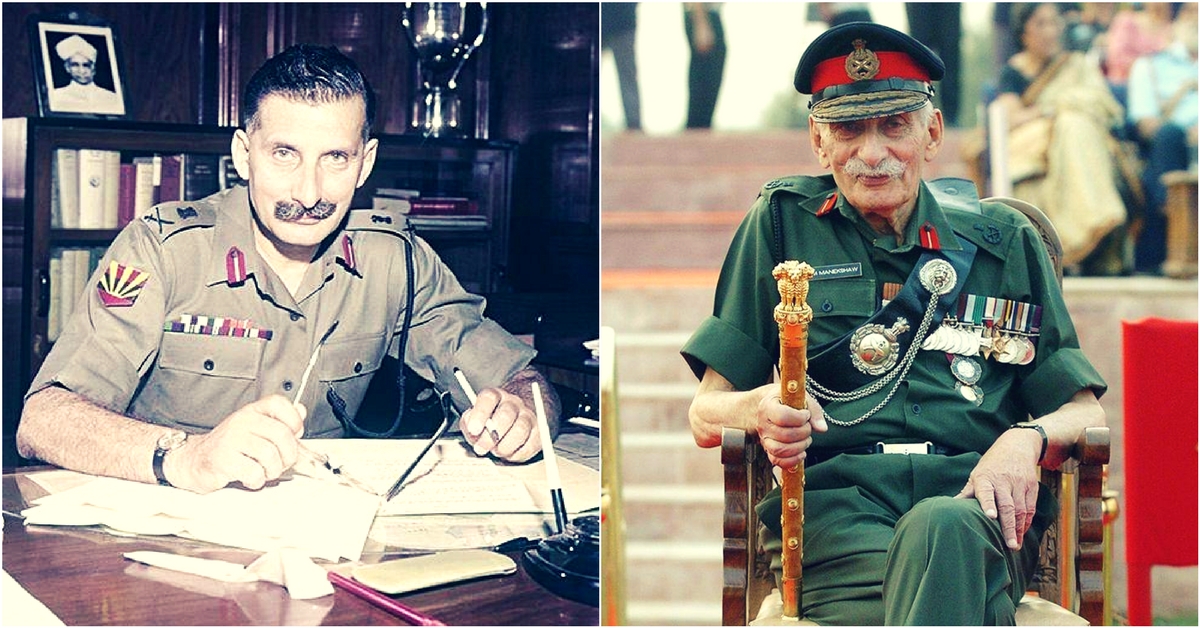


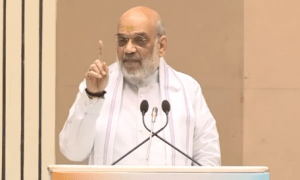



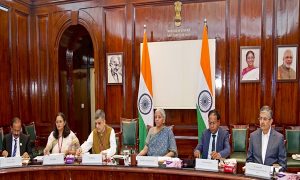

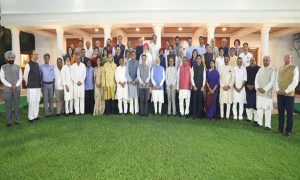





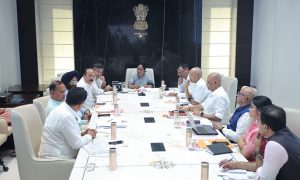





 WhatsApp us
WhatsApp us